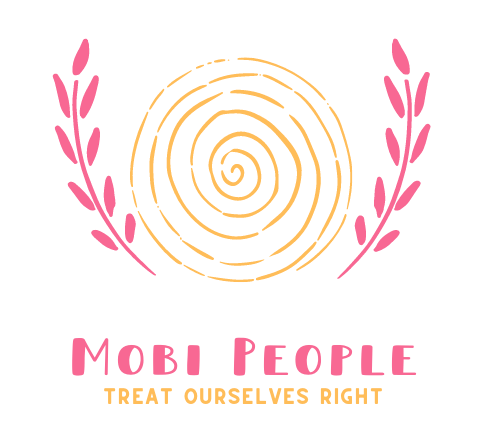Healthcare professionals often navigate a complex array of responsibilities that dictate their daily routines. Understanding these routines offers insight into the demanding nature of their work and highlights the disciplined practices essential for effective patient care. Each day is structured around patient needs, administrative tasks, and collaborative efforts with colleagues.
From early morning briefings to late-night shifts, their schedules can vary significantly, influenced by the specific role they occupy within the healthcare system. These professionals must balance direct patient interaction with ongoing education and training, adapting their routines to ensure they provide the highest quality of care.
Time management becomes critical as they integrate various tasks into their day. This article explores the unique daily routines of different healthcare professionals, shedding light on how each role contributes to the overall functioning of healthcare services.
Core Elements of Healthcare Professionals’ Daily Routines
Healthcare professionals engage in structured daily routines that balance patient care, administrative responsibilities, and collaboration with team members. These core elements ensure that patient safety and individual care remain top priorities while managing workloads effectively.
Morning Preparation and Handover
Morning routines typically begin with healthcare professionals arriving at the facility for a shift. They may start with breakfast to fuel their day. Shift handover is critical, where the outgoing team shares vital patient information with incoming staff. This process includes discussing patients’ conditions, treatment plans, and any incidents that occurred during the previous shift.
Professionals such as attending physicians, residents, and nursing teams participate in these handovers to ensure continuity of care. This collaboration helps assess individual care plans and sets the tone for the day’s workload.
Essential Clinical Tasks
Essential clinical tasks for healthcare professionals focus on direct patient care and safety. In a hospital or clinic, daily activities often include performing temperature and weight checks, drawing blood samples, and conducting physical examinations.
Surgeons, doctors, and nurses frequently collaborate during procedures and consultations. Regular documentation is crucial, ensuring that each patient’s status is accurately recorded in medical charts. The emphasis is on approaching patient care systematically to provide the best outcomes. This rigor reflects the commitment to meeting patient needs while adhering to protocols and standards.
Administrative and Management Responsibilities
Alongside clinical duties, healthcare professionals also handle various administrative tasks. These responsibilities might include managing patient records, processing prior authorizations, and coordinating with private insurance providers.
Efficient management ensures that healthcare facilities run smoothly. Professionals may also participate in staff meetings to discuss workflows, address concerns, and strategize improvements.
Balancing clinical responsibilities with administrative tasks is essential for effective patient care and resource management. In this dynamic environment, professionals must remain organized to address the diverse demands of their roles.
Strategies for Maintaining Well-Being and Performance
Healthcare professionals often face demanding schedules, making it essential to integrate strategies for physical and mental well-being. Important practices include support for physical health, nutrition management, and effective stress management techniques.
Physical and Mental Health Practices
Maintaining physical health is crucial for healthcare professionals to perform efficiently. Regular stretching and exercise routines can help mitigate the risks of sedentary work. Incorporating activities like walking or cycling can promote cardiovascular health, reducing the likelihood of conditions like diabetes.
Mental health can be supported through practices such as mindfulness and meditation. These techniques can enhance focus and resilience, aiding healthcare providers in managing daily stressors. Engaging in therapeutic activities, including cognitive behavioral therapy, can also bolster mental well-being, providing tools to navigate challenging situations effectively.
Nutrition and Lifestyle Choices
Nutrition plays a vital role in a healthcare professional’s daily routine. Prioritizing a balanced diet with substantial breakfast, lunch, and dinner helps sustain energy levels. Integrating whole foods, such as fruits, vegetables, and lean proteins, can combat fatigue and improve overall health.
Avoiding bad habits, such as excessive caffeine intake or junk food consumption, is equally important. Professionals should be aware of how their dietary choices can affect their performance and mood throughout shifts. Staying hydrated and selecting nutrient-dense options can lead to better cognitive functioning and enhanced patient care.
Managing Stress and Preventing Burnout
To mitigate stress and prevent burnout, creating a structured daily routine proves beneficial. Setting aside specific times for breaks allows healthcare professionals to recharge physically and mentally. Techniques such as deep breathing exercises or short walks during breaks can significantly lower stress levels.
Implementing a robust support system, including peer discussions or professional counseling, can facilitate emotional well-being. Recognizing early signs of burnout is crucial for timely intervention. By prioritizing well-being practices, healthcare professionals can maintain high levels of performance while safeguarding their mental and physical health.


